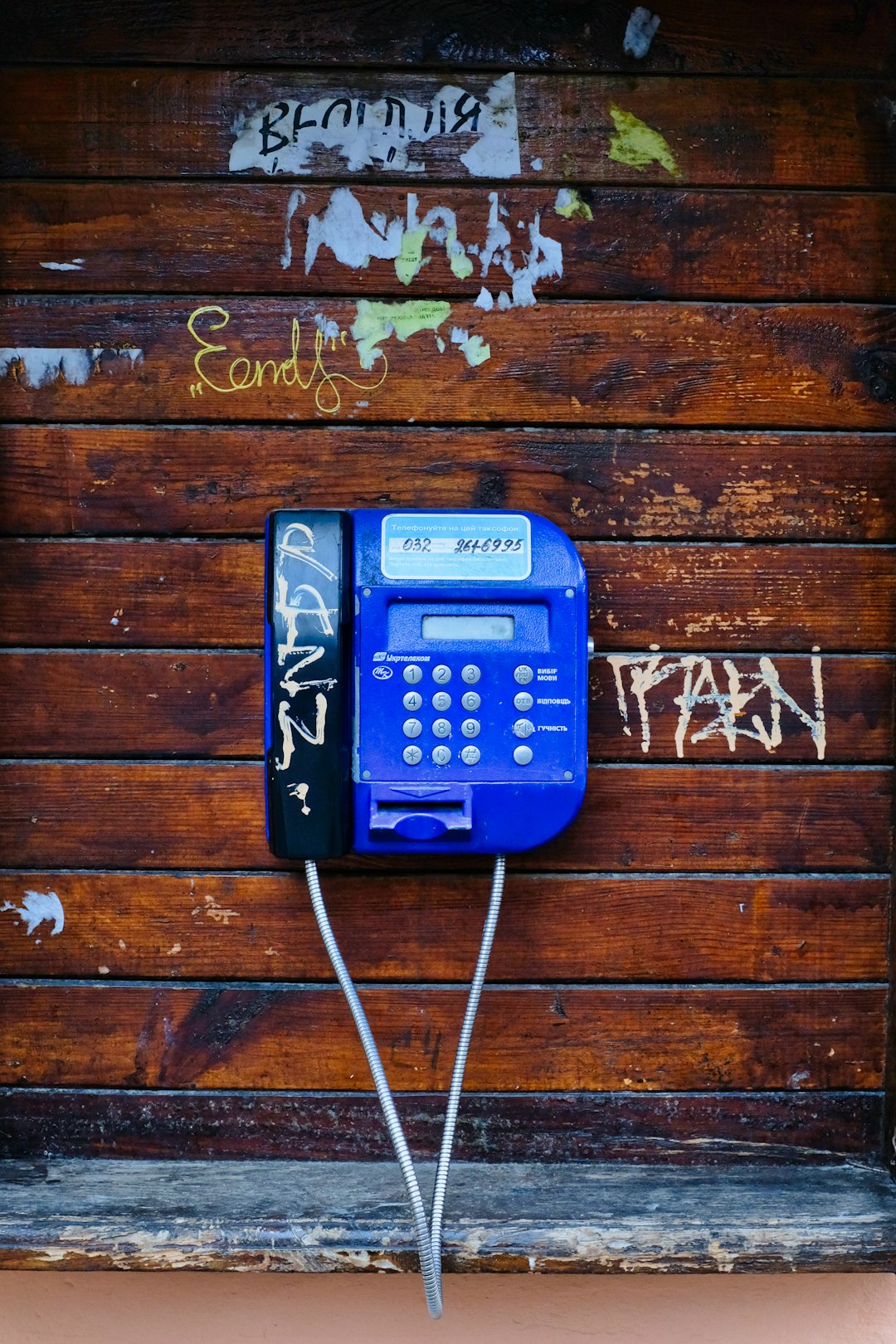Florida's strict robocall laws equip residents with tools to combat spam and fraud by offering a Do Not Call list and complaint mechanisms via the FTC. Staying vigilant, understanding technical cues like API 502 Bad Gateway errors, and reporting suspicious patterns contribute to stronger anti-robocall measures. This knowledge empowers individuals to protect themselves and push service providers to enhance security against evolving scams under Florida's robocall laws.
Staying ahead of Florida’s robocall scams and spam text fraud is crucial in today’s digital age. With strict robocall laws in place, consumers can take measures to protect themselves from unwanted calls and texts. This comprehensive guide explores effective strategies to prevent these scams, empowering Floridians to navigate the telephone landscape with enhanced privacy and security. Learn about the legal framework, identifying suspicious activities, blocking techniques, and reporting options to keep your lines clear of fraudulent intrusions.

In Florida, robocalls and spam text messages are subject to specific laws designed to protect residents from fraudulent activities. The state’s telecommunications regulations allow consumers to take measures against these unwanted calls and texts. One effective strategy is to register your number on the Do Not Call list, which can significantly reduce the volume of automated communications you receive. Additionally, Florida law empowers residents to file complaints with the Federal Trade Commission (FTC) if they suspect a robocall or spam text is deceptive or involves identity theft.
To further combat these scams, it’s crucial to be vigilant and cautious when answering unknown calls or texts. Never provide personal or financial information unless you initiated the contact and verify the authenticity of the caller. Many robocall scammers use automated systems that can be difficult to trace; therefore, being proactive in protecting your data is essential. By staying informed about your rights under Florida’s robocall laws and adopting cautious practices, residents can better safeguard themselves from potential fraud and spam.
API responded with status code 502.

When dealing with robocall scams and spam text fraud in Florida, understanding technical aspects like API status codes can provide insights into how to fortify your defenses. A 502 Bad Gateway error indicates that a server acting as a gateway or proxy received an invalid response from the upstream server. In the context of robocalls, this could mean that a fraudulent caller is attempting to route their calls through multiple servers to obscure their identity, but one server is not responding correctly. This glitch can be used to your advantage; by recognizing such patterns, you can report these issues to your service provider and contribute to strengthening Florida’s robocall laws.
Additionally, this knowledge highlights the importance of secure and robust communication systems. Service providers in Florida are constantly working on improving their infrastructure to combat these scams more effectively. Staying informed about technical details like API status codes empowers individuals to stay one step ahead of scammers, ensuring a safer digital environment for all residents under the state’s robocall laws.






